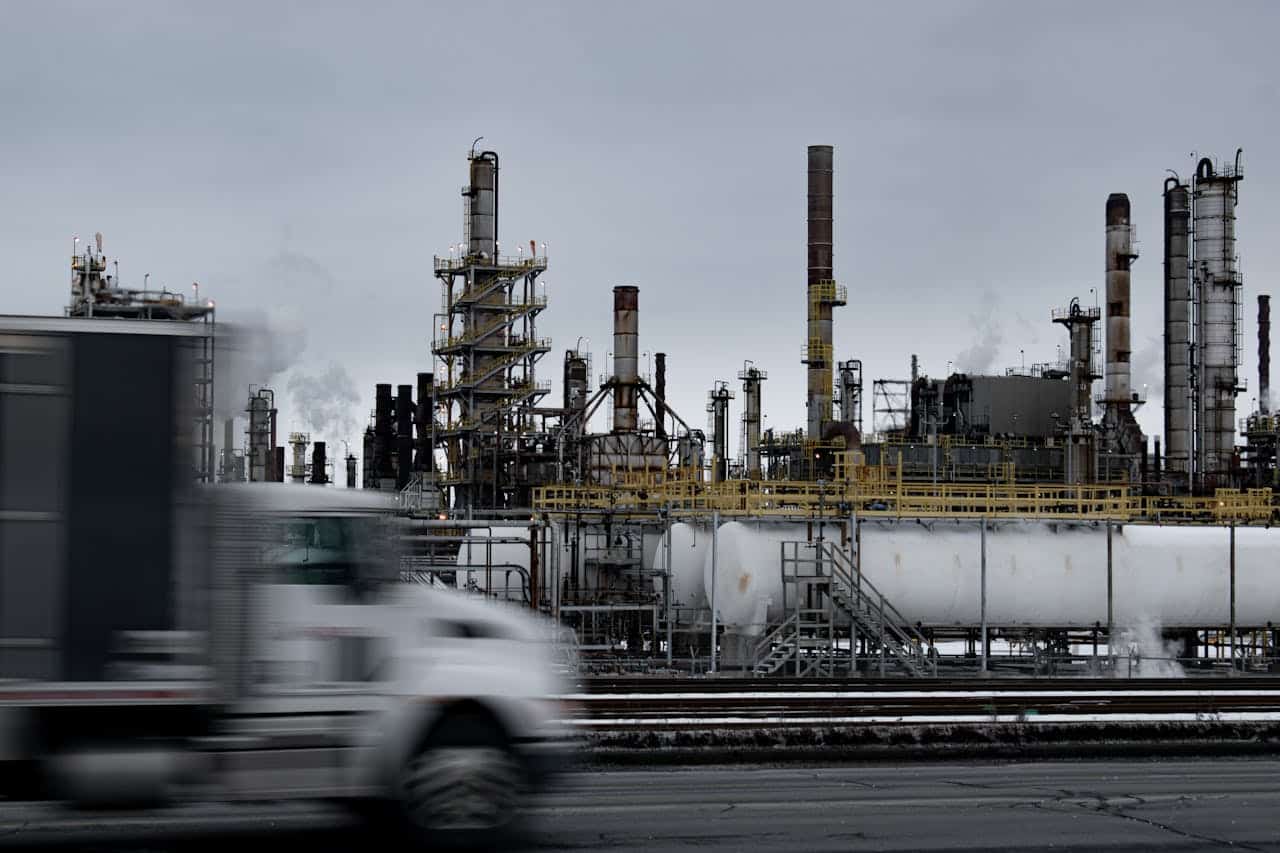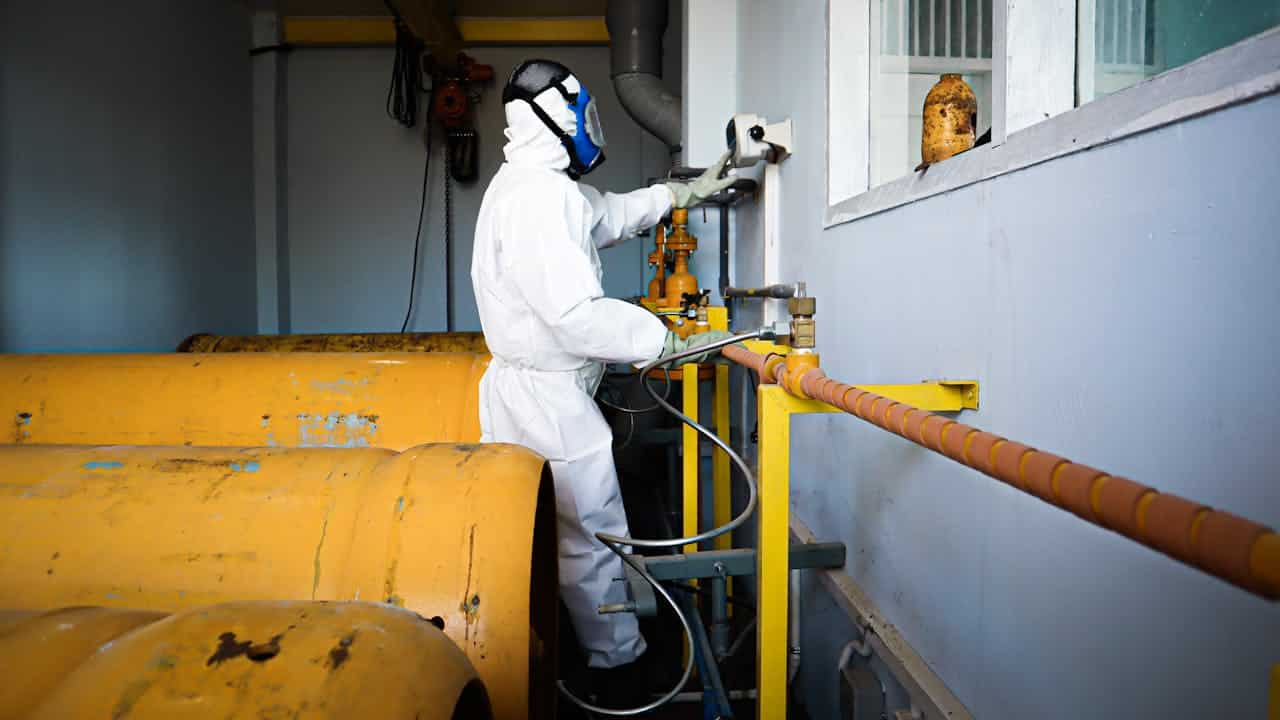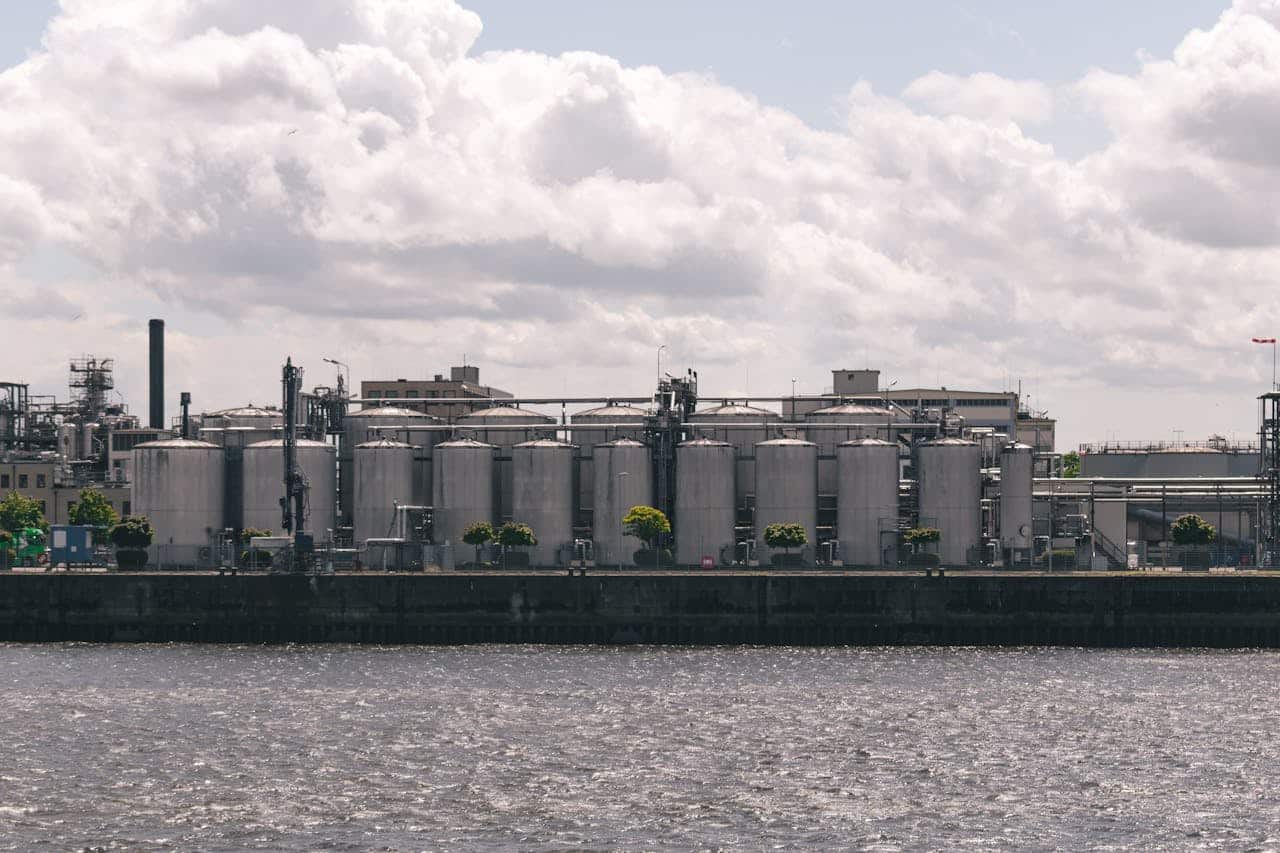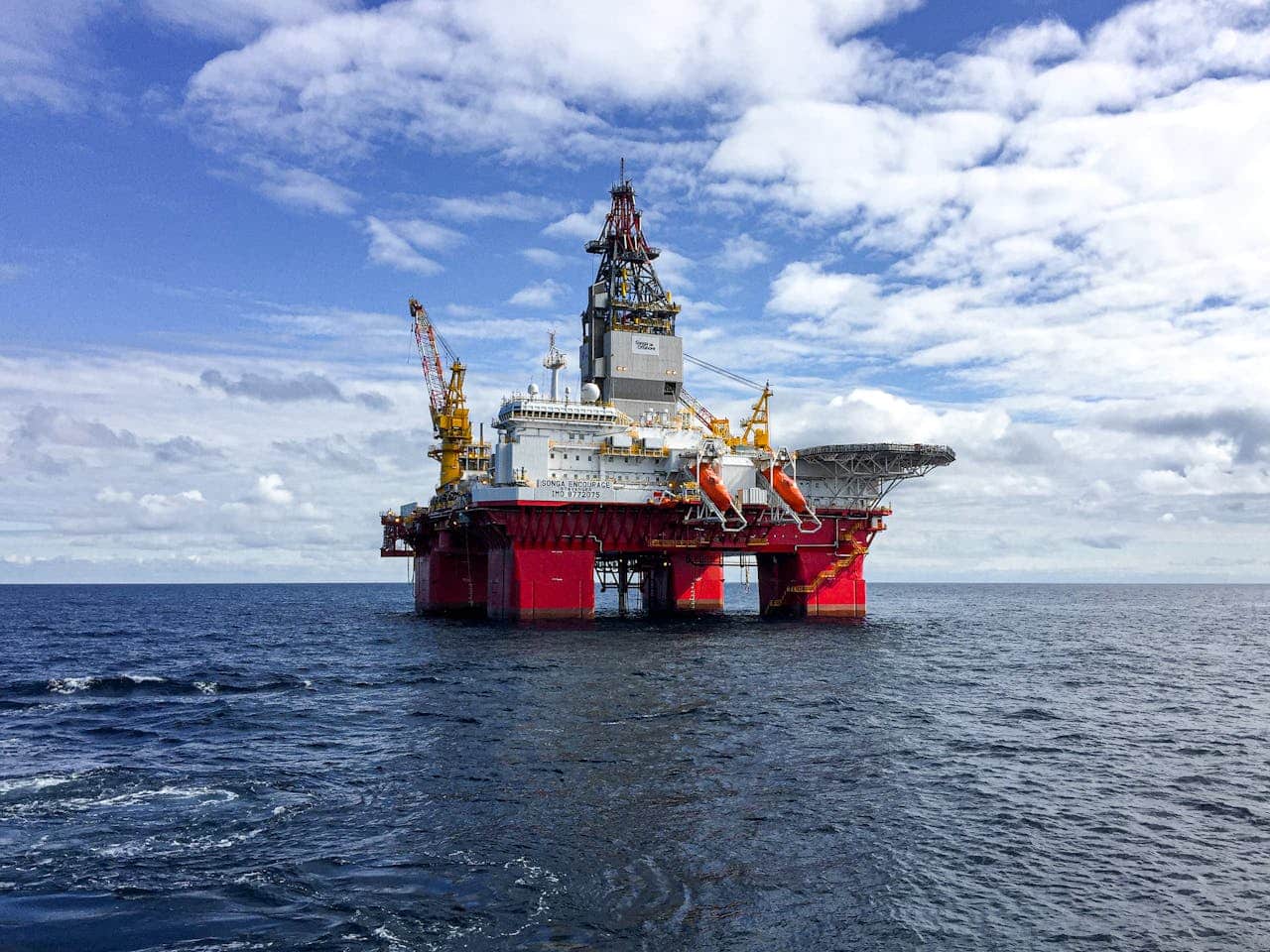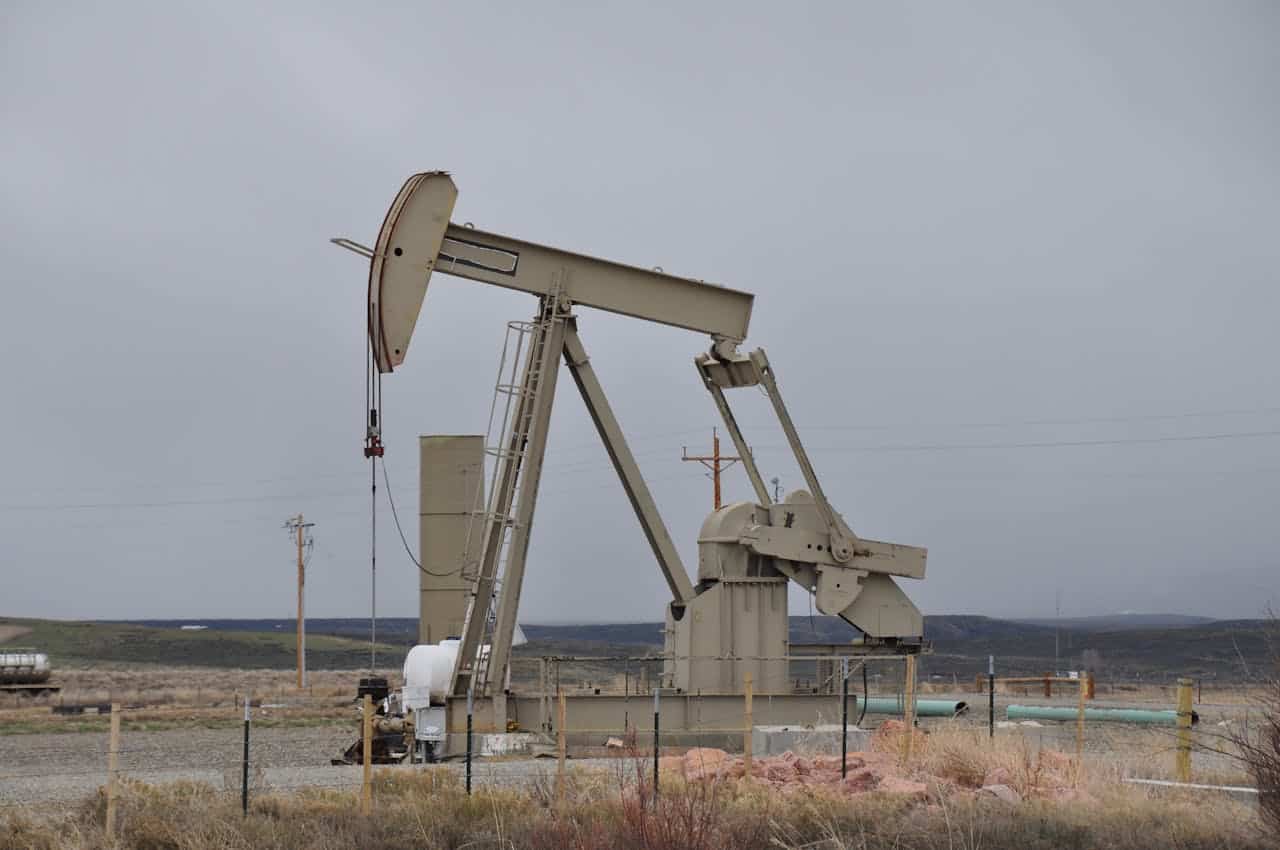Oil Spill Response, Management and Safety (On Scene Commander Level)
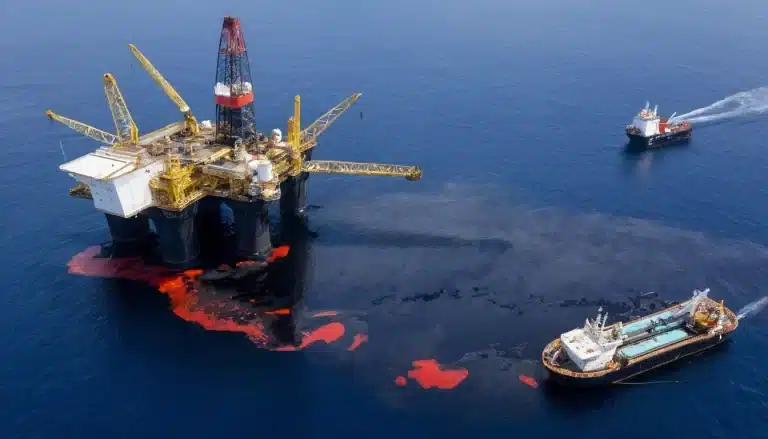
| Date | Format | Duration | Fees (USD) | Register |
|---|---|---|---|---|
| 15 Dec - 23 Dec, 2025 | Live Online | 7 Days | $5075 | Register → |
| Date | Venue | Duration | Fees (USD) | Register |
|---|---|---|---|---|
| 30 Nov - 04 Dec, 2025 | Doha | 5 Days | $5775 | Register → |
| 08 Dec - 26 Dec, 2025 | Barcelona | 15 Days | $14200 | Register → |
Did you know that in December 2024, over 2,400 metric tonnes of oil products were spilled in the Black Sea in a massive oil leak? This compelling statistic underscores the critical importance of effective spill management and emergency response coordination.
Course Overview
The Oil Spill Response, Management and Safety course is meticulously designed to equip professionals with cutting-edge knowledge in spill containment, source control, and crisis management. This comprehensive programme focuses on emergency preparedness, spill trajectory modeling, and environmental impact assessment to ensure participants can effectively navigate the complex landscape of oil spill response operations.
Why Select This Training Course?
Selecting this Oil Spill Response Course offers numerous advantages for professionals involved in offshore facility response and scene coordination. Participants will gain advanced knowledge of oil dispersants, subsea dispersant operations, and spill removal equipment. The course provides hands-on experience with boom deployment and skimmers and recovery equipment, enabling attendees to optimise their response capabilities effectively.
For organisations, investing in this training enhances overall emergency response capabilities and strengthens safety practices. By ensuring that personnel are well-trained in hazardous material handling and regulatory compliance in oil spill response, organisations not only protect their assets but also build sustainable practices. Research shows that companies implementing comprehensive response strategies can significantly improve outcomes. For instance, the Deepwater Horizon incident response demonstrated how effective command and control in spill emergencies could help manage large-scale disasters.
Individuals who complete this course will benefit from enhanced career prospects as they become more valuable assets in their respective fields. The skills acquired through this training can lead to professional growth and increased responsibilities within their organisations. Studies from the MV Rena oil spill response showed that proper training and preparedness significantly improved response effectiveness and reduced environmental impact.
Transform your oil spill response capabilities – Join our next session!
Who is this Training Course for?
This course is suitable for:
- Current and aspiring On-Scene Commanders in oil spill response.
- Environmental managers in marine and coastal operations.
- Safety officers in oil and gas or maritime industries.
- Emergency response coordinators and planners.
- Regulatory compliance officers focused on environmental protection.
What are the Training Goals?
The objectives of this training course are to enable professionals:
- To master the strategic management of oil spill response operations.
- To apply cutting-edge technology and methodologies for effective spill containment and cleanup.
- To ensure compliance with safety, environmental, and regulatory standards during response.
- To develop leadership skills critical for managing complex response scenarios.
How will this Training Course be Presented?
The Oil Spill Response Course employs a comprehensive and innovative approach to ensure maximum knowledge retention and skill development. Expert-led instruction from seasoned response commanders forms the core of the course, providing up-to-date insights into modern response techniques and practical applications.
Our dynamic training methodology includes:
- Engaging interactive sessions with experienced commanders, offering direct insights into real-world response scenarios
- Immersive workshops featuring oil spill drills and simulations
- In-depth demonstrations of cutting-edge spill response technology
- Thought-provoking collaborative projects on response strategy development
- Comprehensive access to digital resources covering response protocols and best practices
Ready to master oil spill response? Secure your spot today!
Course Syllabus
Module 1: Oil Spill Dynamics and Impact Assessment
- Understanding oil behaviour in marine environments.
- Environmental impact assessment post-spill.
- Techniques for spill trajectory prediction.
- Impact on marine life and ecosystems.
- Socio-economic consequences of oil spills.
- Shoreline classification and sensitivity mapping.
- Immediate and long-term environmental monitoring.
- Legal implications of oil spill incidents.
- Public health risks associated with spills.
- Wildlife response and rehabilitation.
- Assessing damage for compensation claims.
- Strategies for minimising ecological impact.
Module 2: Incident Command System for Oil Spills
- Structure and roles within the ICS for oil spills.
- Communication protocols during a spill response.
- Coordination with governmental and non-governmental agencies.
- Establishing command and control centres.
- Managing resources under the ICS framework.
- Documentation and record-keeping in ICS.
- Transitioning between response phases.
- Training for ICS team members.
- Managing multi-agency responses.
- Adapting ICS for different spill scenarios.
Module 3: Safety Management in Spill Response
- Hazard identification in oil spill environments.
- Personal protective equipment selection and use.
- Safety protocols for hazardous material handling.
- Fire and explosion prevention during response.
- Health monitoring for response teams.
- Emergency response procedures for responders.
- Safety audits during spill management.
- Training for emergency medical response.
- Psychological support for response personnel.
- Managing safety in various response conditions.
Module 4: Spill Containment and Recovery Techniques
- Deployment of booms and barriers.
- Skimming methods for oil recovery.
- Use of sorbents for oil absorption.
- Chemical dispersants application and management.
- In-situ burning techniques and safety considerations.
- Mechanical recovery systems.
- Shoreline cleanup strategies.
- Managing oil in ice-covered waters.
- Bioremediation and natural attenuation.
- Waste management from cleanup operations.
- Equipment maintenance and logistics.
- Technology for oil detection and tracking.
Module 5: Resource Management and Logistics
- Mobilising response equipment and personnel.
- Supply chain logistics during a spill response.
- Inventory management for response materials.
- Transport logistics for spill response teams.
- Fuel, food, and shelter provisions for field operations.
- Managing volunteer and community involvement.
- Financial management in response operations.
- Contracting and procurement in emergencies.
- Resource allocation based on spill severity.
- Coordination with local and international suppliers.
Module 6: Public Relations and Media Management
- Developing a communication strategy for spills.
- Crisis communication during oil spill incidents.
- Managing public perception and misinformation.
- Media training for crisis scenarios.
- Coordination with public affairs officers.
- Transparency in spill information sharing.
- Handling community meetings and public inquiries.
- Social media management in crises.
- Legal considerations in public communications.
- Post-incident communication and reputation management.
Module 7: Regulatory Compliance and Reporting
- Understanding international and national spill laws.
- Compliance with OPA 90 and similar regulations.
- Reporting requirements for oil spill incidents.
- Liaison with regulatory bodies during response.
- Environmental permits and legal documentation.
- Post-spill investigations and compliance checks.
- Liability and fines in oil spill scenarios.
- Preparing for regulatory audits.
- Ethical considerations in spill management.
- Continuous improvement in compliance practices.
Module 8: Environmental Restoration
- Strategies for habitat restoration post-spill.
- Monitoring recovery of affected areas.
- Techniques for soil and water remediation.
- Reintroduction of flora and fauna.
- Long-term environmental management plans.
- Community engagement in restoration efforts.
- Assessing the success of remediation projects.
- Financial planning for restoration activities.
- Integrating scientific research in recovery processes.
Module 9: Advanced Spill Response Technologies
- Use of drones for spill surveillance.
- Remote sensing for oil detection.
- AI in spill prediction and response planning.
- Automation in spill containment operations.
- Real-time data analysis for response optimisation.
- Robotics for cleanup in hazardous areas.
- Innovations in oil-water separation technologies.
- Satellite imagery for spill monitoring.
- Cybersecurity in spill response operations.
- Integration of IoT for response effectiveness.
Module 10: Post-Incident Analysis and Learning
- Debriefing and lessons learned sessions.
- Incident analysis for operational improvements.
- Updating response plans based on experience.
- Continuous training and preparedness exercises.
- Documentation for future reference and learning.
- Evaluating response effectiveness.
- Psychological debriefing for teams.
- Integrating new technologies post-incident.
- Sharing knowledge within and beyond the organisation.
- Fostering a learning culture from incidents.
Training Impact
Research indicates that organisations implementing structured oil spill response training programmes have demonstrated measurable benefits in both response effectiveness and environmental protection. Case studies highlight the following comprehensive improvements:
From Deepwater Horizon response implementation:
- Enhanced incident command system effectiveness
- Improved coordination between multiple response agencies
- Strengthened environmental protection measures
- Advanced technological integration in response operations
Additional benefits include:
- Significant improvement in response time and effectiveness
- Enhanced decision-making capabilities in crisis situations
- Improved ability to handle complex spill scenarios
- Strengthened safety culture and risk management
- Increased operational resilience through comprehensive response strategies
Transform your career in oil spill response management – Enrol now!

